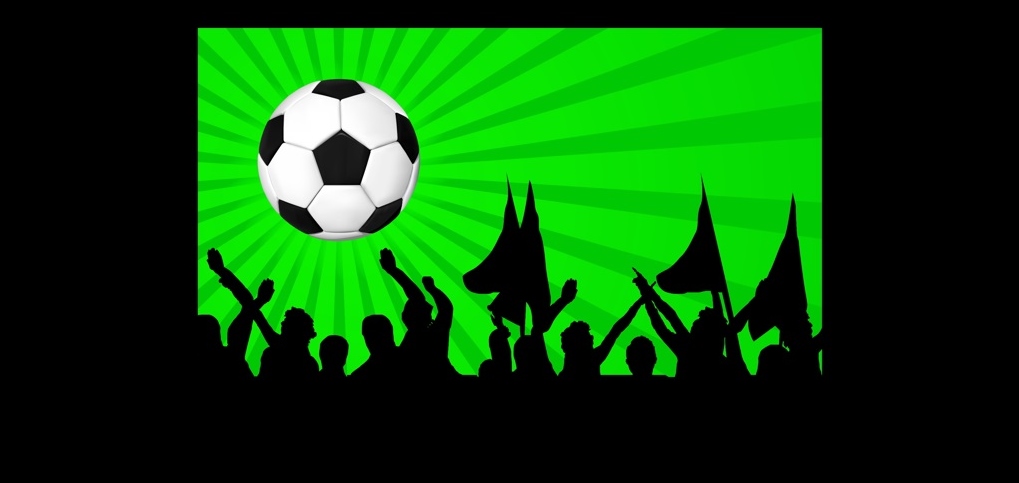Hong Kong, 21 April 2021: “Some people think football is a matter of life and death. I don’t like that attitude. I can assure them it’s much more serious than that.” The famous quote of the late, great Liverpool manager Bill Shankly, a man renowned for his Scottish working class roots (he was a coal miner in his teens), socialist values and deep devotion to the game. Shankly, as much as anyone, understood the intense, tribal connection between football and its fans.
Hong Kong is no different. Mention the national security law, electoral reform or Carrie Lam and pretty much every citizen has an opinion. But if you really want to start an impassioned debate, bring up football. The residents of this great city love the beautiful game. I’ve seen it in my secondary career as a card-flourishing referee, with emotions running high among players and spectators alike. The English Premier League is huge here; Messi and Ronaldo are billboard icons; this city practically grinds to a halt during the World Cup.
So this week’s astonishing rise and fall of the European Super League – a brazenly self-serving project driven by corporate greed that lasted barely two days until it collapsed like a house of cards – has been big news indeed, dominating TV bulletins and front pages. To recap, 12 of Europe’s biggest clubs announced on Sunday they were forming a breakaway competition to replace the existing Champions League. Their participation would be guaranteed every year – effectively a “closed shop” for the rich to get richer – and bankrolled to the tune of US$5 billion by JP Morgan. It was anti-competition, anti-fair play and anti-everything the game stood for. My beloved Chelsea, I’m sorry to say, were one of the six English clubs selling their souls to this sordid concept.
The backlash was unanimous and furious, as governments, governing bodies, media and fans united in opposition. British Prime Minister Boris Johnson warned his administration would “drop a legislative bomb” to stop it; the Premier League vowed to kick out the six clubs; European governing body UEFA declared players from the rebel 12 would be banned from international football. Chelsea’s fans demonstrated before their team’s Premier League match last night, refusing to let the team bus near the stadium and causing the kick-off to be delayed.
Momentum built and inevitably, one by one, the English clubs made humiliating U-turns. This morning, the project is dead in the water with the “Dirty Dozen” dishonoured and disgraced. It is a victory for the masses. Hmm, people in power making an unpopular proposal, then climbing down when faced with widespread condemnation and large-scale protests. Where have we seen that before?
The European Super League’s rapid demise at least allows this season’s Champions League to continue uninterrupted. I’m hoping to attend the final in Istanbul on 29 May, but this depends on three outcomes: Chelsea beating Real Madrid in the semi-finals (possible); obtaining a ticket now UEFA has confirmed fans can attend (likely); and travelling without quarantine restrictions (highly doubtful).
This latter issue is vexing. At present, even Hong Kong residents who have been fully vaccinated, such as I, cannot return here without undergoing 21-day hotel quarantine. While there are plans to open a travel bubble for inoculated people with Singapore next month, no other relaxations are in sight. Meantime, our city’s mass vaccination programme crawls along amid widespread hesitancy. So far, only 391,000 persons – just 5.2% of the population – have received a second jab. From Friday, the minimum age for vaccination will be lowered from 30 years to 16 (for German-made BioNTech) and 18 (for mainland-produced Sinovac). Perhaps this will give renewed impetus.
While Covid-19 cases remain low, we are now seeing community infections involving mutant strains, which we are told can be 60-70% more infectious. Our government has imposed a two-week ban on flights from India, Pakistan and the Philippines after a spate of imported cases involving mutant strains from those countries. Our city confirmed eight new Covid-19 cases yesterday and just one (imported) infection today, taking the cumulative total to 11,704, with 209 related fatalities.
The pandemic, of course, together with police bans and the national security law, brought Hong Kong’s 2019 civil unrest to a shuddering halt. In his most recent (and thoroughly excellent) opinion piece for the South China Morning Post, columnist Cliff Buddle points out that the right to protest peacefully, protected by the Basic Law, has long been woven into the fabric of this city. Moreover, it keeps our leaders accountable. “Demonstrations, sometimes by hundreds of thousands from all walks of life, have provided a safety valve when tensions arise. They have helped inform, shape or even reverse government policies. In this way peaceful protests have contributed to stability and better governance.”
He is spot on. No one wants a return to the shameful violence of 2019, but Hong Kong is a poorer place without peaceful protests. After all, in exercising this right, we help Team Carrie avoid any more own goals.
Stay safe and well, everybody!
Colin Cohen
Senior Partner
Boase Cohen & Collins



